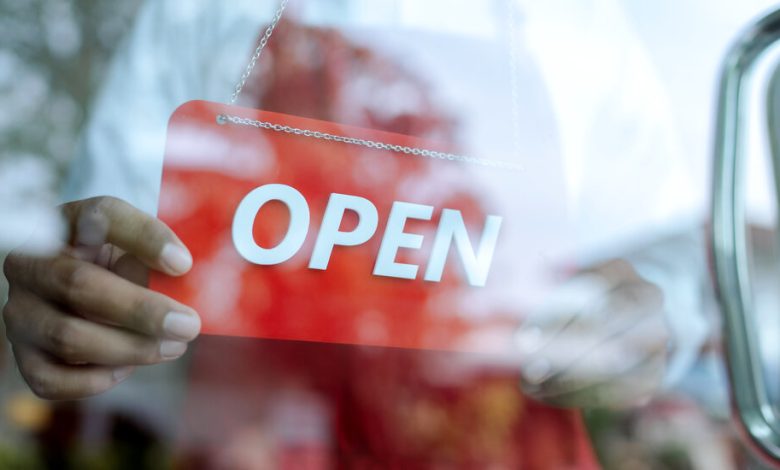Good Economy, Negative Vibes: The Story Continues

When it comes to economic news, we’ve had so much winning that we’ve gotten tired of winning, or at any rate blasé about it. Last week, we got another terrific employment report — job growth for 39 straight months — and it feels as if hardly anyone noticed. In particular, it’s not clear whether the good news will dent the still widespread but false narrative that President Biden is presiding over a bad economy.
Start with the facts: Job creation under Biden has been truly amazing, especially when you recall all those confident but wrong predictions of recession. Four years ago, the economy was body-slammed by the Covid-19 pandemic, but we have more than recovered. Four years after the start of 2007-9 recession, total employment was still down by more than five million; now it’s up by almost six million. The unemployment rate has been below 4 percent for 26 months, the longest streak since the 1960s.
Inflation did surge in 2021-22, although this surge has mostly subsided. But most workers’ earnings are up in real terms. Over the past four years, wages of nonsupervisory workers, who account for more than 80 percent of private employment, are up by about 24 percent, while consumer prices are up less, around 20 percent.
Why, then, are so many Americans still telling pollsters that the economy is in bad shape?
More often than not, anyone who argues that we’re in a “vibecession,” in which public perceptions are at odds with economic reality, gets tagged as an elitist, out of touch with people’s real-life experience. And there’s a whole genre of commentary to the effect that if you squint at the data hard enough, it shows that the economy really is bad, after all.
But such commentary is an attempt to explain something that isn’t happening. Without question, there are Americans who are hurting financially — sadly, this is always true to some extent, especially given the weakness of America’s social safety net. But in general, Americans are relatively optimistic about their own finances.
I wrote recently about a couple of Quinnipiac swing-state polls that asked registered voters about both the economy and their personal finances. In both Michigan and Pennsylvania — states crucial to the outcome of this year’s presidential election — more than 60 percent of respondents rated the economy as not so good or bad; a similar percentage said that their own situation is excellent or good.



